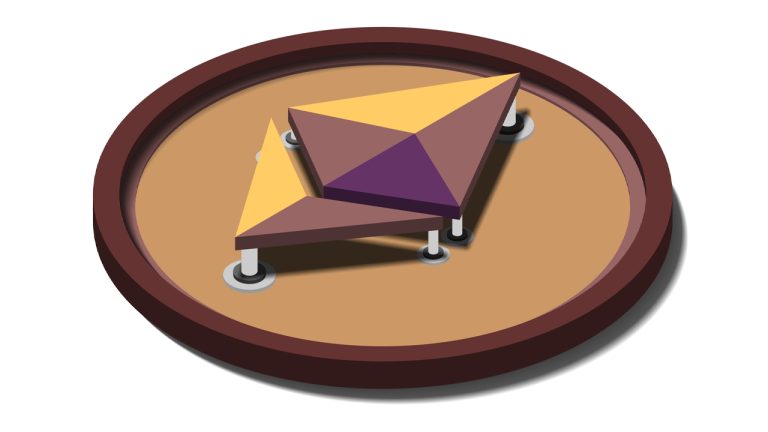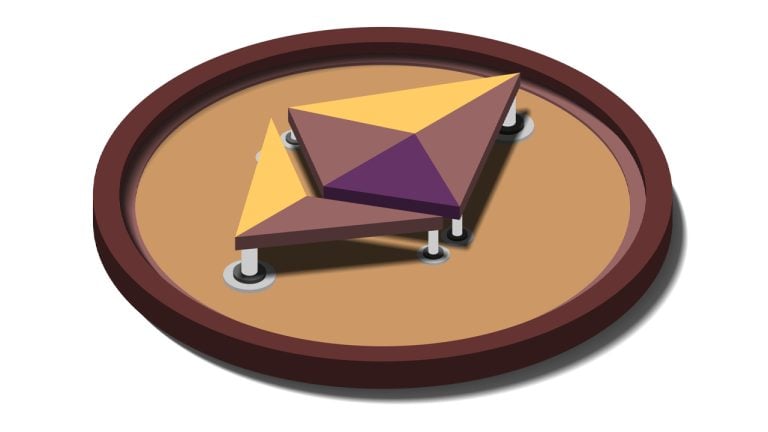Ethereum Developers Commence Finalizing Shanghai Upgrade ‘Shadow Fork’ for Testing and Bug Identification


Ethereum developers have begun finalizing the Shanghai upgrade “shadow fork,” according to software engineer Marius van der Wijden. The “shadow fork” will serve as a testing environment for the Shanghai upgrade, allowing developers to identify bugs and any potential issues.
Ethereum’s Shanghai Upgrade ‘Shadow Fork’ Launches
As the cryptocurrency community awaits the upcoming Shanghai hard fork, core Ethereum developers have launched a testing environment called a “shadow fork” in order to test the upgrade. This follows the developers’ announcement of the launch of a new testnet for the Shanghai upgrade on Jan. 11, 2023. The fork, which will focus on allowing staked withdrawals, is anticipated to occur in March 2023.
According to Marius van der Wijden, an Ethereum Foundation software developer, there were a few issues with the “shadow fork” that began at approximately 6 a.m. Eastern Time on Monday morning. “It started out with a few issues because the config wasn’t correctly applied on Geth (we disallow overriding the mainnet config),” van der Wijden wrote on Twitter. The developer added:
For now, the chain is finalizing correctly, let’s see if Potuz and I can break it.
The cryptocurrency community has been concerned about the Beacon chain withdrawals, as there are 16,167,527 ETH stored within the validator contract that is currently locked. Only a hard fork can unlock the staked funds and the Shanghai upgrade is meant to pave the way toward that goal. Statistics from Beaconscan.com show that there are 504,765 validators, as the validator count crossed the 500,000 zone this year.
It has been approximately 130 days since The Merge, when Ethereum transitioned from a proof-of-work (PoW) blockchain to a proof-of-stake (PoS) network. The Shanghai upgrade will be the next major hard fork following The Merge. In addition to allowing Beacon chain withdrawals, developers are exploring ways to lower gas costs for the withdrawals as well. The public testnet for the Shanghai upgrade is set to launch in the near future, giving the general public an opportunity to test the new software’s features.
What are your thoughts on the Ethereum developers’ use of a “shadow fork” for testing and bug identification prior to the Shanghai upgrade’s mainnet release? How do you think the upgrade will impact the Ethereum community and the locked-staked funds? Let us know your thoughts in the comments section below.
